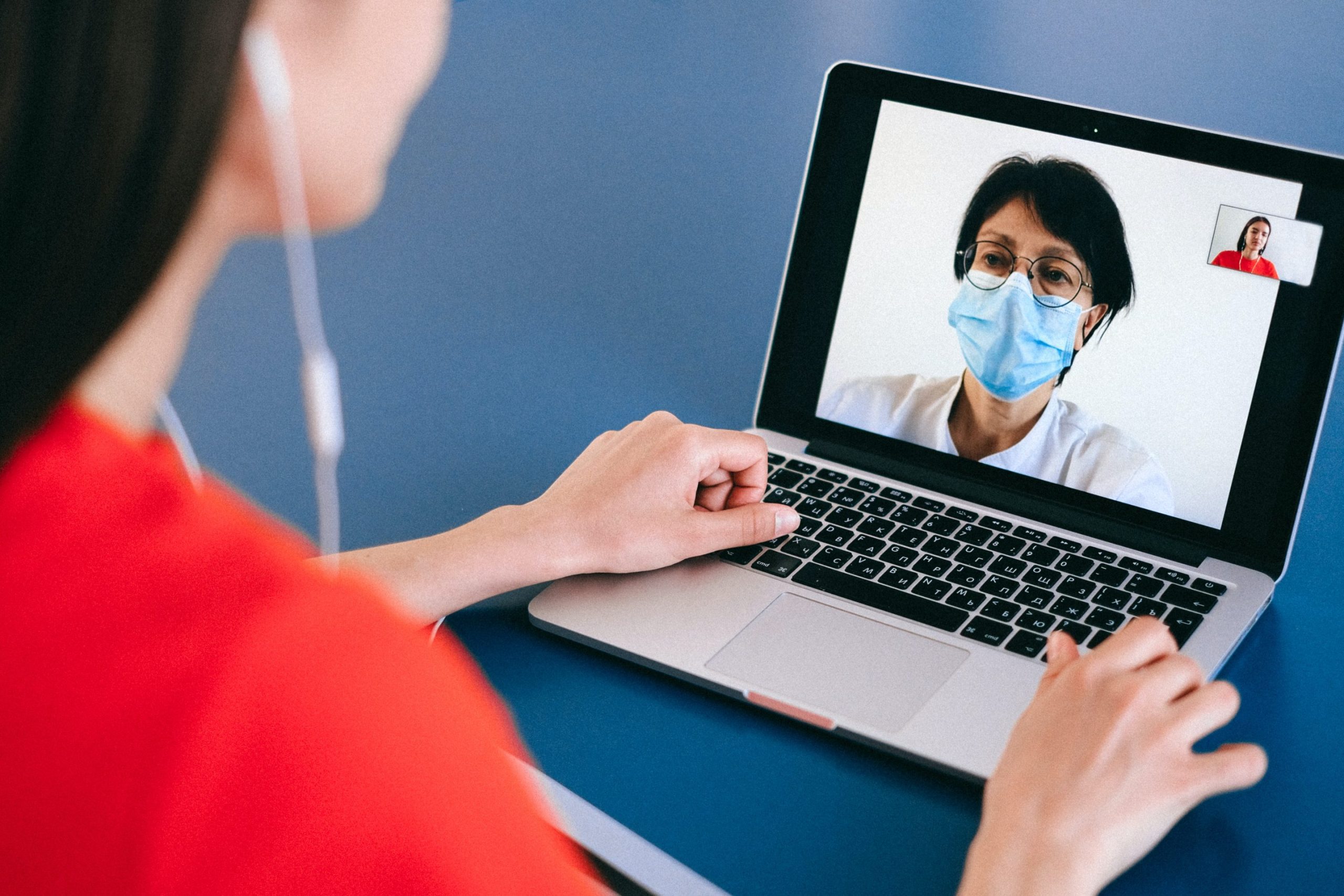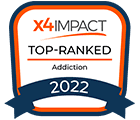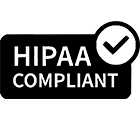Although annoying and messy, a nosebleed (epistaxis) is rarely a serious medical concern. Let’s see how to stop a nosebleed and, if it’s more serious when to seek medical help for your condition.
What Causes a Nosebleed?
If you are in good health, your nosebleed might be caused by:
- Dry weather
- Nose picking
- Irritation from allergies
- Nose blowing
- Infection
- A blow to the nose
What Should I Do When My Nose Is Bleeding?
- Lean Forward: This prevents the blood from flowing down your throat and helps it clot in your nose.
- Pinch Your Nose: Gently pinch the soft part of your nose and breathe through your mouth. Hold continuous pressure for 10 minutes without checking if the bleeding has stopped.
- Apply Ice: To constrict blood vessels, use ice cubes packed in a washcloth or a small plastic bag. A bag of frozen vegetables will also work.
Remember, if the bleeding persists beyond 10 to 15 minutes, it’s time to seek medical help. Your physician or the nearest emergency room or urgent care facility is there to ensure your safety and well-being.
When to Go to the Emergency Room for a Nosebleed
- The bleeding continues for more than 20 minutes despite holding pressure.
- You are taking blood thinners such as aspirin, fish oil, Coumadin (warfarin), or clopidogrel.
- You feel dizzy or light-headed.
- You have chest pain or palpitations.
- You lose what feels like a significant amount of blood (if possible, measure it in a cup).
- You are anemic, and the bleeding is significant.
- You have a bleeding disorder such as hemophilia.
- You have received a blow to the head or ear.
Get Professional Advice on How to Stop a Nosebleed with QuickMD
For personalized advice and treatment options for nosebleeds, QuickMD’s telemedicine urgent care services are here to help. Consult with a QuickMD provider today to explore your options for managing nosebleeds and other health concerns.
Are you experiencing frequent nosebleeds? Visit QuickMD today to schedule your telemedicine appointment and get expert guidance on treating and preventing nosebleeds.
















